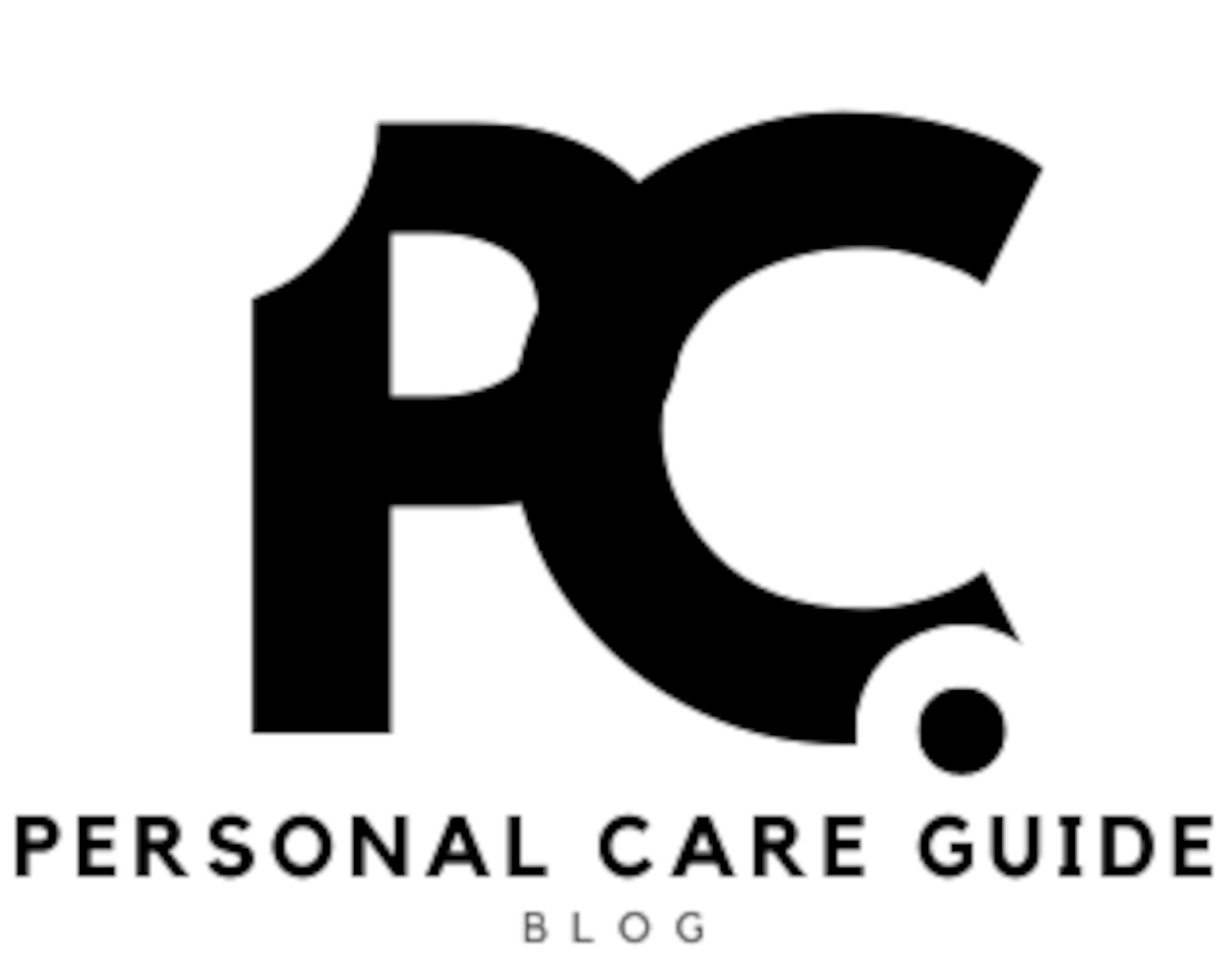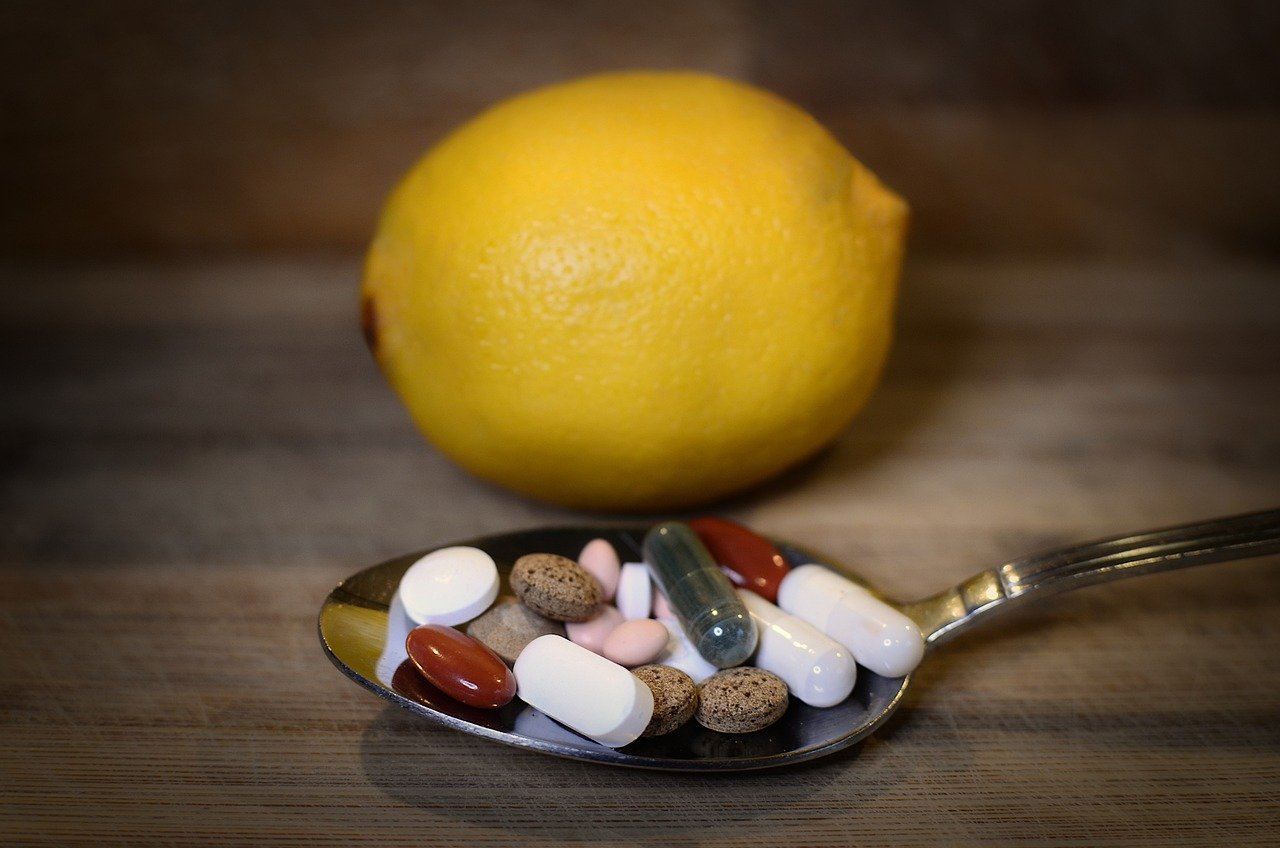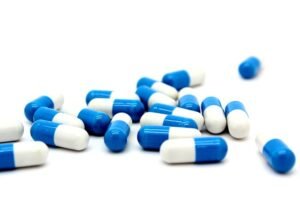Bloating, a common and often uncomfortable condition characterized by a feeling of fullness or swelling in the abdominal area, can result from various factors, including diet, lifestyle, and digestive issues. While addressing the root cause is crucial, supplements can also play a supportive role in alleviating bloating and promoting digestive health. Here’s a guide to some of the best supplements known for their effectiveness in reducing bloating and enhancing overall gut well-being.
Understanding Bloating
Bloating can be caused by excessive gas production, imbalance in the gut microbiota, or food intolerances, among other factors. It’s not only uncomfortable but can also affect your quality of life. Incorporating specific supplements, along with dietary and lifestyle changes, can help manage and reduce bloating symptoms.
Top Supplements for Combating Bloating
Several supplements have been identified for their potential to ease bloating and support digestive health:
Probiotics: These beneficial bacteria are crucial for maintaining gut health, improving digestion, and reducing gas production. Look for strains like Lactobacillus and Bifidobacterium, which have shown effectiveness in alleviating bloating.
Peppermint Oil: Known for its antispasmodic properties, peppermint oil can relax the digestive tract muscles, helping to relieve bloating and intestinal cramps.
Ginger: A natural anti-inflammatory and digestive aid, ginger can help stimulate saliva, bile, and gastric enzymes, aiding in the digestion process and reducing bloating.
Digestive Enzymes: Supplements containing digestive enzymes, such as lipase, lactase, and amylase, can help break down fats, lactose, and starches, making digestion easier and potentially reducing bloating.
Activated Charcoal: Thought to absorb excess gas in the gut, activated charcoal might help alleviate bloating, although its effectiveness can vary from person to person.
Implementing Supplements into Your Routine
When adding supplements to your routine for bloating relief, it’s important to:
Consult with a healthcare provider, especially if you have underlying health conditions or are taking other medications.
Start with the lowest dose to see how your body responds, gradually increasing as needed.
Monitor your symptoms and adjust your approach as necessary, considering that what works for one person may not work for another.
Complementary Strategies for Reducing Bloating
Supplements are most effective when used as part of a broader strategy to manage bloating. This includes:
Eating a balanced diet rich in fiber, but low in gas-producing foods.
Staying hydrated, which can help improve digestion and reduce the likelihood of constipation, a common cause of bloating.
Practicing mindful eating, such as eating slowly and chewing food thoroughly to aid digestion and prevent swallowing air, which can contribute to bloating.
Conclusion
Bloating is a multifaceted issue that can stem from various causes, but the right combination of supplements can offer relief and support digestive health. By understanding the potential triggers of bloating and integrating supplements with dietary and lifestyle adjustments, you can effectively manage bloating and improve your overall digestive comfort and well-being.







